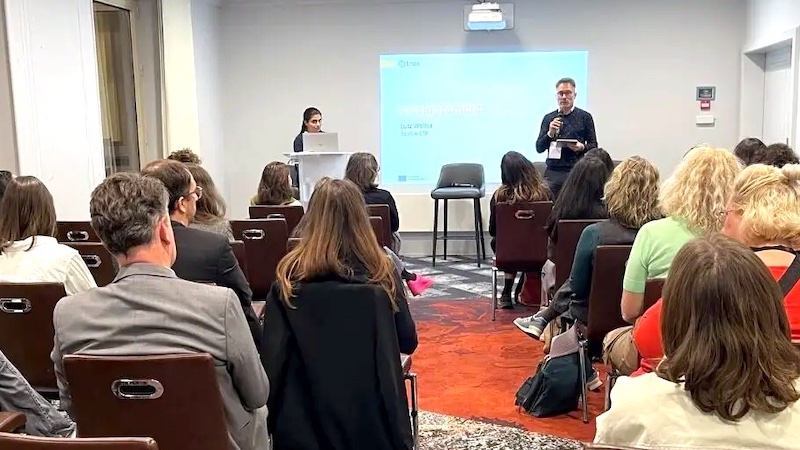Recycling
Textile ETP wraps up T-REX's Policy Roundtable

A key theme in Lutz Walter's concluding remarks was recognising Europe’s exceptional creative and innovative talent, highlighting the importance of placing design at the centre of sustainability strategies. However, progress requires more than just ideas. Lutz Walter stressed the need for fostering the right framework conditions that allow creativity to thrive. This includes supportive policies, investment in sustainable practices, and strategic partnerships across the supply chain.
Collaboration, he noted, is the backbone of sustainable development. Only through close cooperation among designers, manufacturers, policymakers, and other stakeholders can Europe achieve lasting advancements.
The roundtable’s discussions also highlighted the role of regional initiatives in advancing the European sustainability agenda. Local projects often serve as testbeds for scalable innovations, responding to community needs while contributing to the broader mission. A recurring point was the importance of robust data. The roundtable underscored that without accurate data, it is difficult to make well-informed decisions or create impactful policies. Enhanced data collection and analysis empower decision-makers with clear insights, helping to chart a strategic path towards sustainability.
The T-REX project, an ECOSYSTEX member project, brings together 13 major players from across the entire value chain to create a harmonised EU blueprint and business opportunities for closed loop sorting, and recycling of household textile waste. Transforming end-of-use textiles, from waste, into a desired feedstock, and a commodity for new business models that can be adopted at scale. Learn more here.